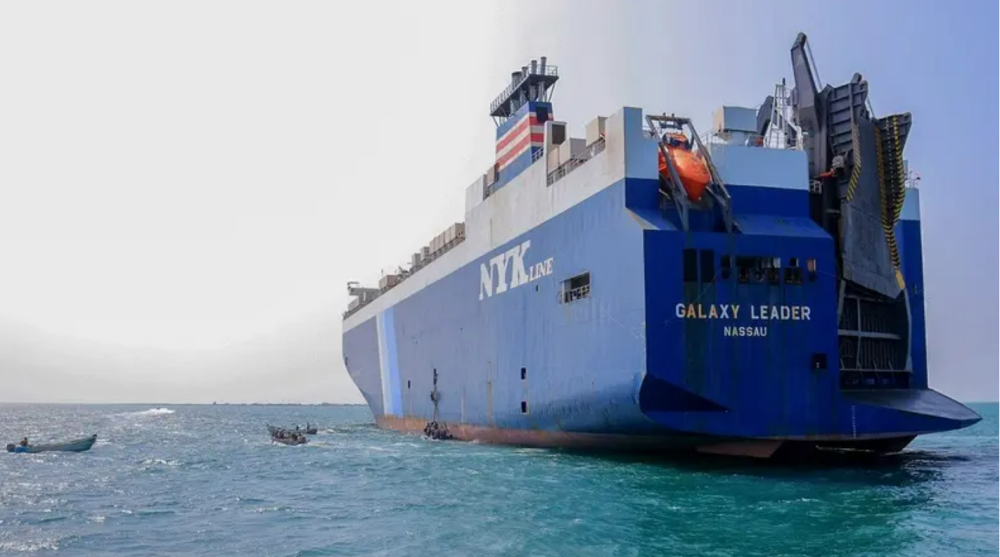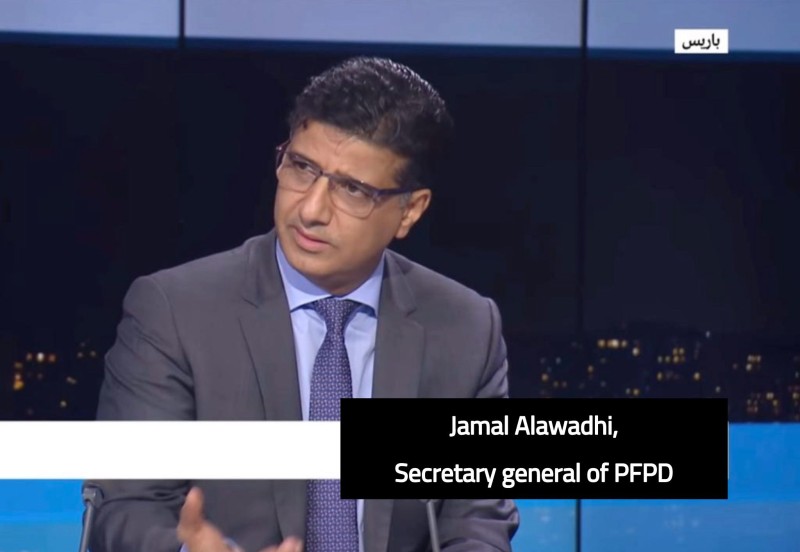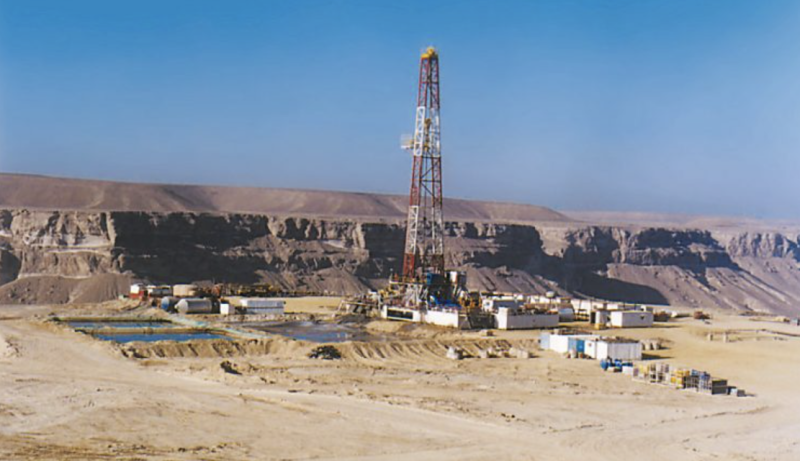Houthi’s Red Sea Ramadan threat shows need to ramp international pressure


Threats by the Iranian-backed Houthis to escalate drone and missile attacks on international commercial shipping in the Red Sea during the holy month of Ramadan underscore the immediate need to increase international pressure on the militant group, experts say.
The warnings come as the Houthis have steadily expanded attacks on civilian and commercial vessels since last November. Despite reprisals from the US-British coalition and other navies, the Yemen-based group has escalated its campaign in one of the world’s busiest shipping lanes.
In the group’s first confirmed fatal strike, a drone hit the oil tanker True Confidence off the port of Aden last week, killing three crew members. That came just days after the sinking of the cargo ship Rubymar, which sank about two weeks after being struck by a Houthi missile on February 18. US officials suggest that during its descent, the Rubymar’s anchor probably caused harm to three vital underwater telecommunications cables in the Red Sea.
On Friday, a merchant ship was damaged by a missile strike in the Red Sea off Yemen, UK marine security monitors said, following a series of attacks by Houthi militants.
Houthi military spokesman Yahya Sarea had said earlier this month that the group will step up its military operations during Ramadan in solidarity with Palestinians in the ongoing conflict in Gaza.
Research Fellow, Middle East and North Africa Programme, Chatham House, Farea al-Muslimi told Al Arabiya English the international community should be “very concerned” about the Houthis threat to escalate attacks during Ramadan. “When they make threats, they are serious about it.”
He said unless there is a ceasefire in Gaza, calendar dates that hold special significance in the holy month, such Ramadan 27 – which is known as Laylat Al Qadr (night of power) and is one of the holiest nights for Muslims – are likely to see “massive military operations.”
Raphael S. Cohen, a senior political scientist at RAND Corporation, also told Al Arabiya English the threat brings “several potential escalation issues.”
“First, there is a risk of direct escalation with the Houthis themselves,” Cohen said. “So far, the United States and its allies have been relatively successful at blunting many of Houthi attacks on shipping and the international warships in the region. If the Houthis get lucky, though, and manage to hit an American warship and cause significant casualties, that would trigger a more significant response than what we’ve seen till date.”
The Red Sea is a vital global shipping route, with around 10 percent of world trade passing through the narrow Bab el-Mandeb Strait at its southern entrance each year. The conflict in the commercially vital seaway has pushed up the cost of importing goods, exacerbating runaway inflation.
Second, Cohen noted the attacks could impact countries like Egypt that rely on the Suez Canal revenue from passing ships. Economic fallout in Cairo could further destabilize the region, he warned. “As more shipping reroutes around the Red Sea, it deprives Egypt of the revenue it gets from ships transiting the Suez. That can impact the Egyptian economy and potentially have a destabilizing effect as well.”
So far, the US and Britain have carried out retaliatory strikes against Houthi targets. However, these have failed to stop the militants from attacking merchant vessels, including American and British-linked ships.
Cohen told Al Arabiya English that the escalation of Houthi attacks in the vital shipping lane shows “that the United States and its allies’ attempts to deter the Houthis from attacking international shipping is not working.”
He added: “We have had more success in degrading their capabilities – intercepting their missiles and drone attacks in the air and striking some of their launchers on the ground, but militarily, the problem is still unsolved,” he warned. “In the immediate term, I think the international community needs to increase the pressure – military, diplomatic and economic – on the Houthis and on their Iranian backers.”
Meanwhile, the US and its allies are pushing for a ceasefire in Gaza as the Israel-Hamas conflict has extended over the last five months. Cohen said these efforts are unlikely to convince the Houthis to stand down.
In February, Mohammed Abdulsalam, a spokesperson for the group, told Reuters that they would continue their operations aiding the Palestinian people without pause unless Israeli aggression against Gaza and the siege comes to an end. Cohen points out that the Houthis have declared their campaign’s objective as disrupting trade associated with Israel and its supporters, expressing solidarity with Gaza’s populace.
However, he said it is worth noting that numerous targeted vessels have had minimal, if any, connections to Israel, and the tangible impact on the Israeli economy has been relatively insignificant.

By Jamal Al-Awadhi Paris- Over the past few days, certain parties have launched a highly charged political and media d…

Aden – Malaysia and Algeria have reiterated their firm positions in support of Yemen’s unity, sovereignty, and territorial integrity, w…

The Arab League, the Muslim World League, and several Arab and Islamic countries have called for an immediate halt to military escalation in Yemen,…